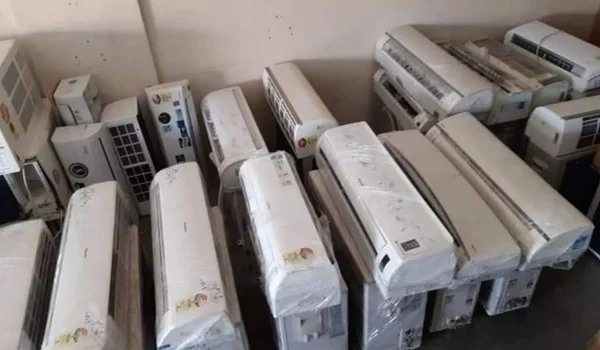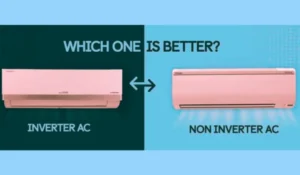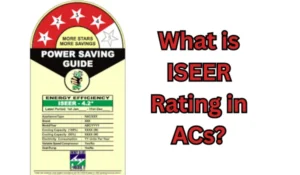Buying a used air conditioner (AC) can be a cost-effective solution, especially in regions like Delhi where summers can be particularly harsh. However, it’s crucial to approach this decision with caution to ensure you get a unit that is both efficient and reliable. Drawing from personal experience and insights from trusted sources, here’s a comprehensive guide to help you make an informed choice when purchasing a second-hand AC.
1. Determine the Age of the AC
The efficiency and lifespan of an AC diminish over time. It’s advisable to avoid units older than 5-7 years, as they may not be energy-efficient and could require frequent maintenance. Always check the manufacturing date, usually found on the nameplate or label, to ascertain the unit’s age.
2. Inspect the Physical Condition
Before finalizing the purchase, thoroughly examine the AC for any visible signs of damage:
- Exterior: Look for dents, rust, or corrosion on the casing.
- Coils and Fins: Ensure the evaporator and condenser coils are clean and free from damage. Bent fins can impede airflow and reduce efficiency.
- Filters: Check if the filters are clean and intact. Dirty or damaged filters can affect air quality and cooling performance.

3. Test the Unit
It’s essential to see the AC in operation:
- Cooling Efficiency: Turn on the unit and observe how quickly it cools the room.
- Noise Levels: Listen for any unusual sounds like rattling, buzzing, or grinding, which could indicate internal issues.
- Airflow: Ensure that the airflow is strong and consistent.
4. Check for Refrigerant Leaks
Refrigerant is vital for the cooling process. Low levels can indicate leaks, leading to reduced efficiency and potential compressor damage. Signs of refrigerant issues include:
- Hissing or bubbling noises.
- Ice formation on coils.
- Reduced cooling performance.
If you suspect a leak, it’s best to have the unit inspected by a professional.
5. Evaluate Energy Efficiency
An energy-efficient AC can lead to significant savings on electricity bills:
- Star Rating: Look for the Bureau of Energy Efficiency (BEE) star rating. A higher rating indicates better energy efficiency.
- EER (Energy Efficiency Ratio): A higher EER means the unit provides more cooling for each unit of electricity consumed.
6. Inquire About Service History
A well-maintained AC is likely to perform better and last longer:
- Maintenance Records: Ask the seller for any service records or receipts.
- Frequency of Servicing: Regular servicing indicates that the unit has been cared for.
7. Verify Warranty and Documentation
While most used ACs may be out of warranty, it’s worth checking:
- Existing Warranty: Some units might still be under manufacturer warranty.
- Transferability: Confirm if the warranty is transferable to a new owner.
- Original Purchase Documents: Having the original invoice can be beneficial for future servicing or resale.
8. Assess Installation Requirements
Ensure that the AC fits your space and installation setup:
- Type of AC: Determine if it’s a window, split, or portable unit.
- Installation Accessories: Check if mounting brackets, remote controls, and other accessories are included.
- Installation Costs: Factor in the cost of professional installation, especially for split units.
9. Consider the Availability of Spare Parts
For older or discontinued models, finding replacement parts can be challenging:
- Brand Presence: Opt for brands with a strong service network in your area.
- Model Popularity: Popular models are more likely to have readily available spare parts.
10. Negotiate the Price
Based on your inspection and market research:
- Benchmarking: Compare prices of similar models online.
- Highlighting Issues: Use any identified issues as leverage to negotiate a better price.
Final Thoughts
Purchasing a used AC can be a smart move if approached diligently. By thoroughly inspecting the unit, verifying its history, and ensuring it meets your requirements, you can enjoy efficient cooling without breaking the bank. Remember, when in doubt, consult with a professional technician to assess the unit’s condition before making a commitment.



